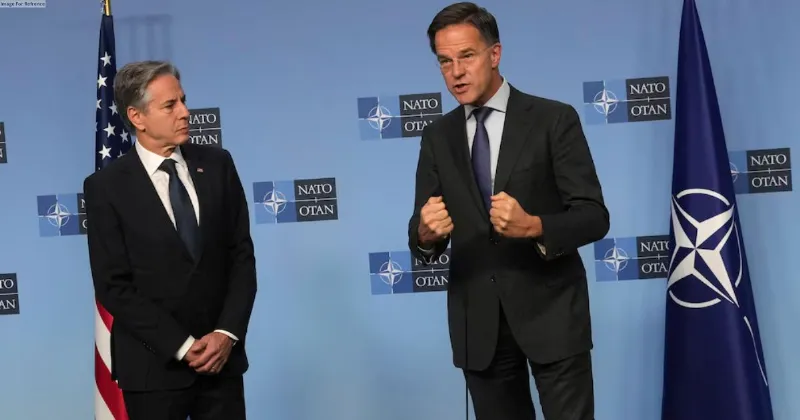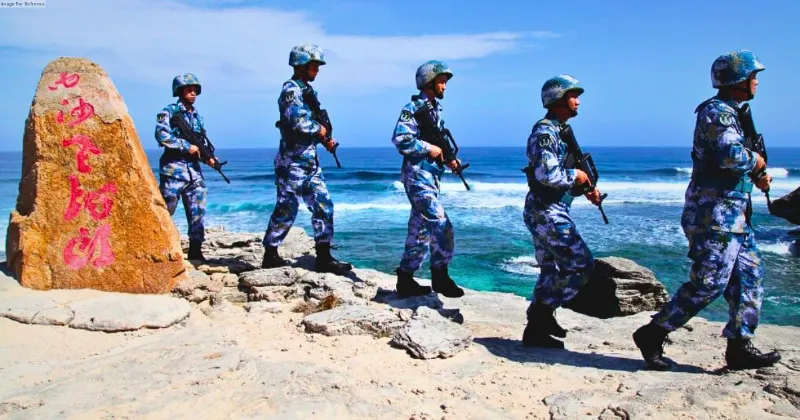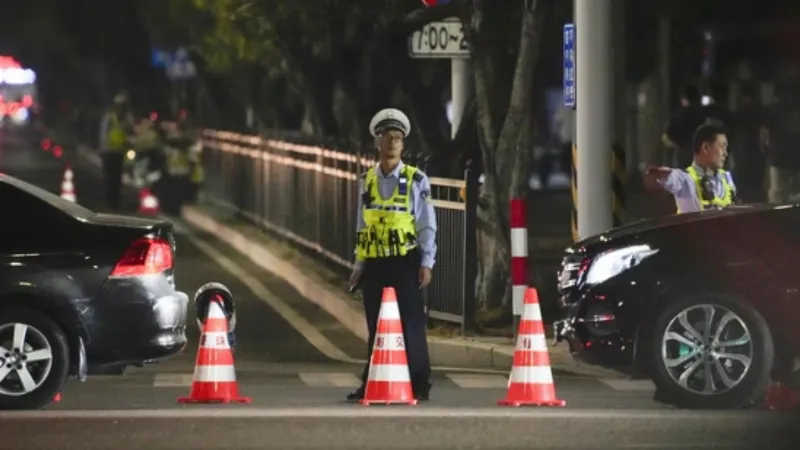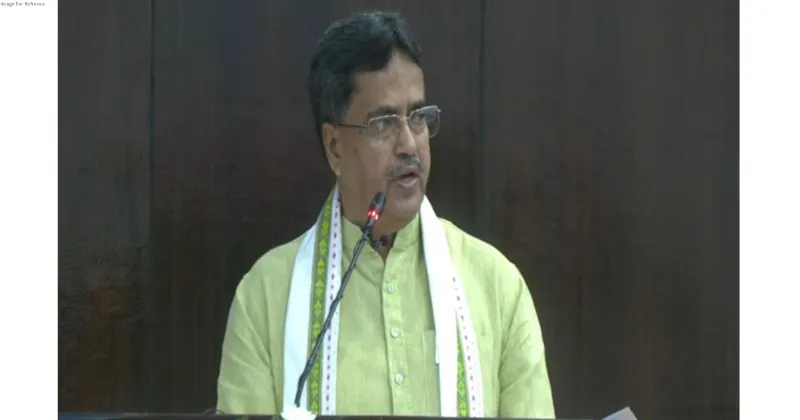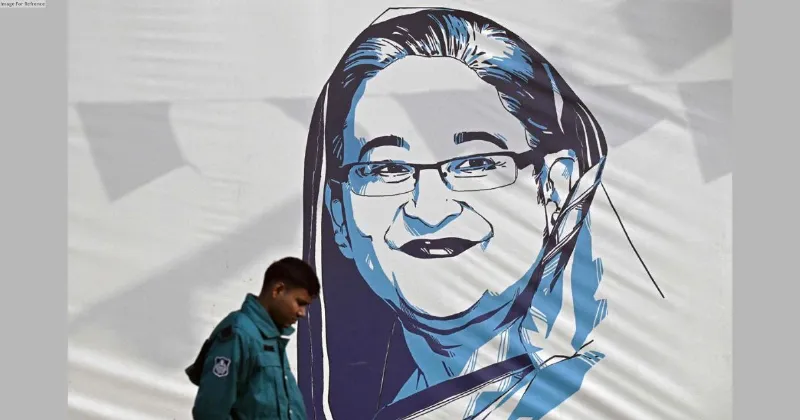Latest News
WHO South-East Asia Region commits to universal access to people-centered mental health care, services

Paro: To promote mental health in the Region, Member countries of the WHO South-East Asia Region on Tuesday adopted the Paro Declaration committing to Universal Access to People-centered Mental Health Care and Services.
"There is no health without mental health. Increasing investments in mental health, including for preventive and promotive services at the primary care level, reduces treatment costs and increases productivity, employment and quality of life," said Dr Poonam Khetrapal Singh, Regional Director of WHO South-East Asia Region. The Paro Declaration was adopted at the Ministerial Roundtable on addressing mental health through primary care and community engagement on day two of the ongoing Seventy-Fifth Session of the WHO South-East Asia Regional Committee Session.
"The Declaration urges Member countries to develop and implement multisectoral policies across the life-course to address mental health risks and reduce treatment gaps exacerbated by the COVID-19 pandemic to ensure that mental health services reach all those in need, close to where they live, without financial hardship," the Regional Director said.
As part of the Declaration, Member countries agreed to develop country-specific targets to achieve universal primary care-oriented mental health services and mainstream mental health in policy planning, implementation, and evaluation.
The Paro Declaration also calls for increased funding for community-based mental health networks and continuous supply of medicines and rehabilitation, including occupational therapy for everyone who needed them, and strengthening of data gathering and reporting, implementation of research and performance monitoring, to ensure context-sensitive improvement of mental health systems.
Around one in seven people live with a mental health condition in the South-East Asia Region. The personal and economic distress and disruptions caused by the COVID-19 pandemic have widened the gaps in addressing mental health challenges, which include scarcity of human resources, low investment, stigma, inadequate prevention and promotion programmes, paucity of data, and lack of services in primary care settings.
The Declaration calls for ensuring an effective and comprehensive response to mental health needs by establishing evidence-based and rights-oriented community mental health networks and systematically planning for the deinstitutionalization of care for people with severe mental disorders.
Member countries are committed to prioritizing fiscal space for health and universal health coverage, securing adequate investment for mental health services at the primary and secondary level, and mobilizing required additional resources in partnership with local and international stakeholders.
Strengthening the capacity of the primary health care system is the foundation for the provision of mental health services and progress toward UHC, the health-related Sustainable Development Goals and the targets of the WHO Comprehensive Mental Health Action Plan 2013-2030.
Member countries are committed to expanding specialized and non-specialized mental health workforce by identifying new cadres of healthcare personnel who are specially trained, equipped and skilled for the delivery of mental health services at the primary care level and work as part of multidisciplinary teams within the health sector.
Community empowerment and active engagement of people with lived experience help reduce stigma and discrimination against people with mental disorders, family members and caregivers.
Strengthening national and subnational level prevention and promotion programmes helps achieve the well-being of all by addressing suicide and self-harm, substance use, consumption of harmful digital entertainment, bullying and parenting issues. Member countries are committed to lead the multisectoral mental health response by guiding and harmonizing the social, education, development and economic sectors to address determinants of mental health, such as poverty, lack of education, social isolation, emergencies and the impact of climate change and set country-specific targets to achieve universal primary care-oriented mental health services.
Several Member countries in the Region have already taken action to strengthen policies, plans, laws and services to improve the mental health of populations. Replicating and scaling up successful models and innovative interventions, harnessing digital technologies and telemedicine to improve access to services and capacity-building of healthcare workers, and using evidence and data for programme improvement will help make the Region withstand future mental health impacts exacerbated by humanitarian emergencies, climate change and economic downturns.
WHO Regional Committee for South-East Asia has promulgated several important resolutions related to mental health. These include alcohol consumption control - policy options; noncommunicable diseases, mental health and neurological disorders; comprehensive and coordinated efforts for the management of autism spectrum disorders and developmental disabilities; and SEA Regional Action Plan to implement the Global Strategy to reduce the harmful use of alcohol.
WHO will continue to support in strengthening countries in reorienting primary care for mental health through task-sharing; capacity-building for mental health and psychosocial support during emergencies, and establishing a regional knowledge and training hub for coordinating evidence and data generation, prioritizing areas of research and facilitating the exchange of experiences, based on identified needs. (ANI)



